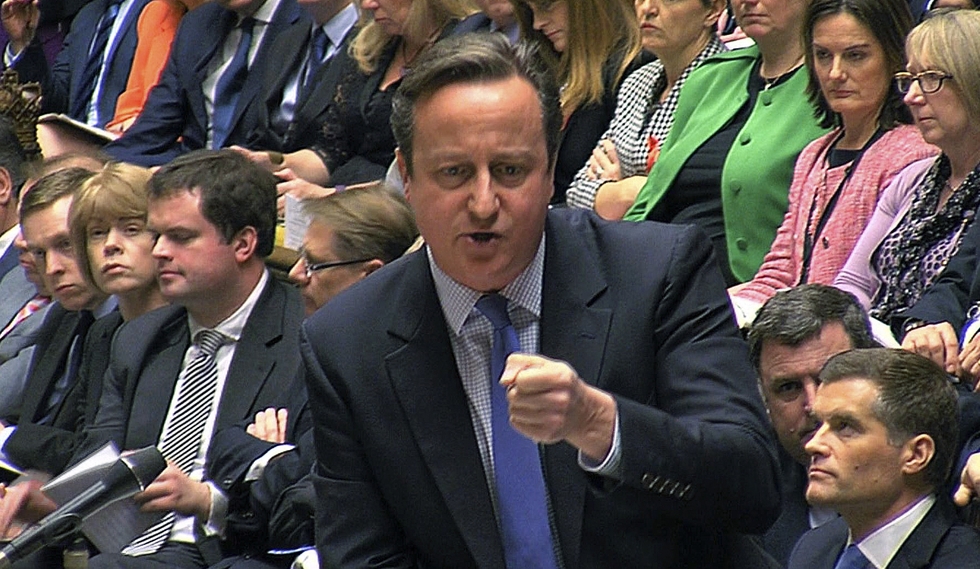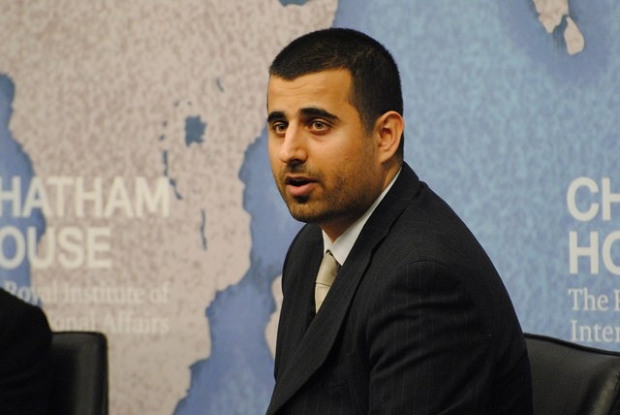Hayder al-Khoei: airstrikes played 'crucial role' in many defeats of IS

Hayder al-Khoei, an associate fellow at Chatham House, said that airstrikes have been highly effective in Iraq and that it makes sense for the UK to join in with coalition efforts in Syria.
"Airstrikes were crucial in saving the Kurdish regional capital Erbil. Airstrikes played a very key if not decisive role in the liberation of Tikrit, in the liberation of Sinjar, in the liberation of Amerli, so several Iraqi cities since last summer have been liberated by both the Kurdish and Iraqi government forces, but airstrikes is not going to dislodge them from the big cities they control. Airstrikes are not going to be effective as these are large urban populated areas, there are going to be many civilian casualties if airstrikes are conducted against them.”
"But when IS are on the move, they're trying to move in the open, to take the territory, airstrikes can be very effective.
"Airstrikes didn’t stop IS taking the provincial city of Ramadi, which is a crucial capital, strategic, it stands in between Iraq’s international highway. With the lack of ground forces, adverse weather conditions can severely impact your military response and IS took the city of Ramadi despite there being dozens of sorties flying overhead.
"In Syria, airstrikes play a very crucial role in the liberation of Kobane. IS tried to throw everything they could at it and the US and the Kurds dealt them a very serious blow, a blow to their morale, blow to their manpower and they couldn’t take the city. Since then the Kurds have been expanding and taking back control from IS.
"I think we have to recognise that this was a terrorist group called the Islamic State of Iraq and Syria. It just doesn’t make sense from a strategic perspective to hit them in Syria and not hit them in Iraq or to hit them in Iraq and not hit them in Syria."


